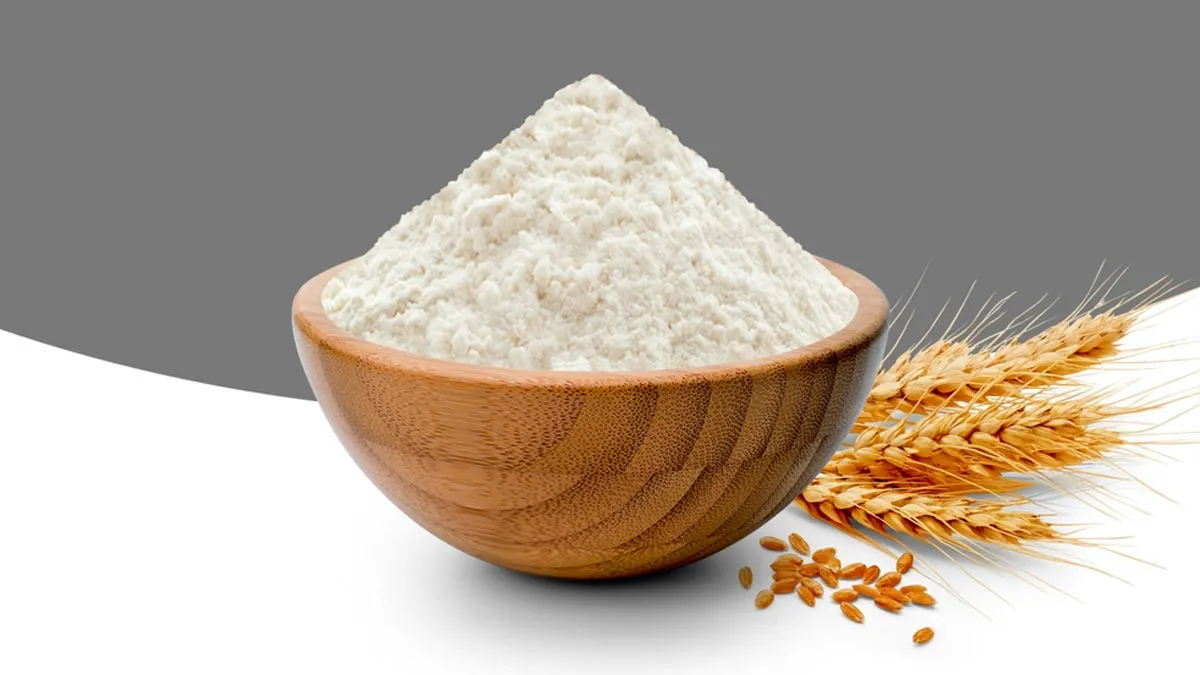
Maida is a staple ingredient in Indian households used in making dishes, such as samosas, bhatura, or pancakes, Also, known as all-purpose flour or refined flour, it is a highly processed form of wheat flour with most of the fibre, vitamins, and minerals removed. However, just like any other food, it is also surrounded by various myths. It is often blamed for being unhealthy and accused of 'sticking to the gut' or causing digestive issues. We spoke to Dr Amit Mittal, HOD and Senior Consultant, Department of Gastroenterology, SHALBY Sanar International Hospital, Gurugram, who explained if maida sticking to your gut is a myth or a fact.
Table of Content:-
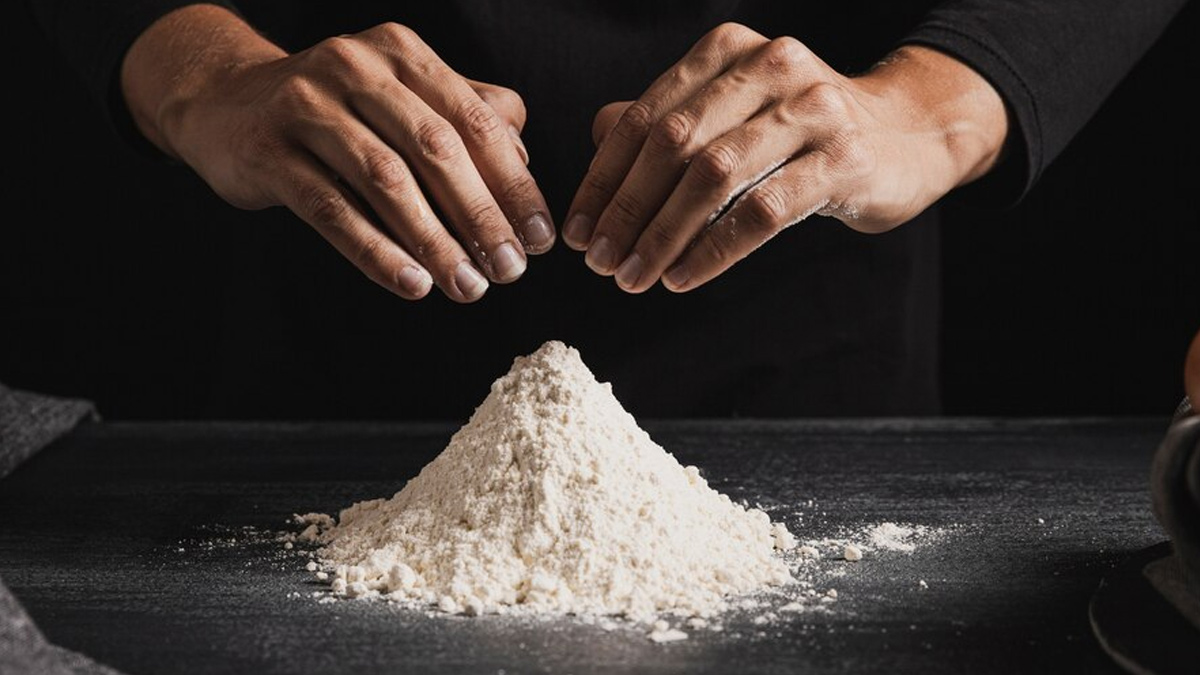
Maida is a refined form of wheat flour that undergoes various processes to remove bran and germ. This leaves behind a fine, white powder primarily composed of carbohydrates. This refining process eliminates the essential nutrients like fibre and minerals, which can be found in wheat flour. It has a lighter consistency and is often used in baking, fried foods, pasta, noodles, and pancakes.
Does Maida Stick to Your Gut?
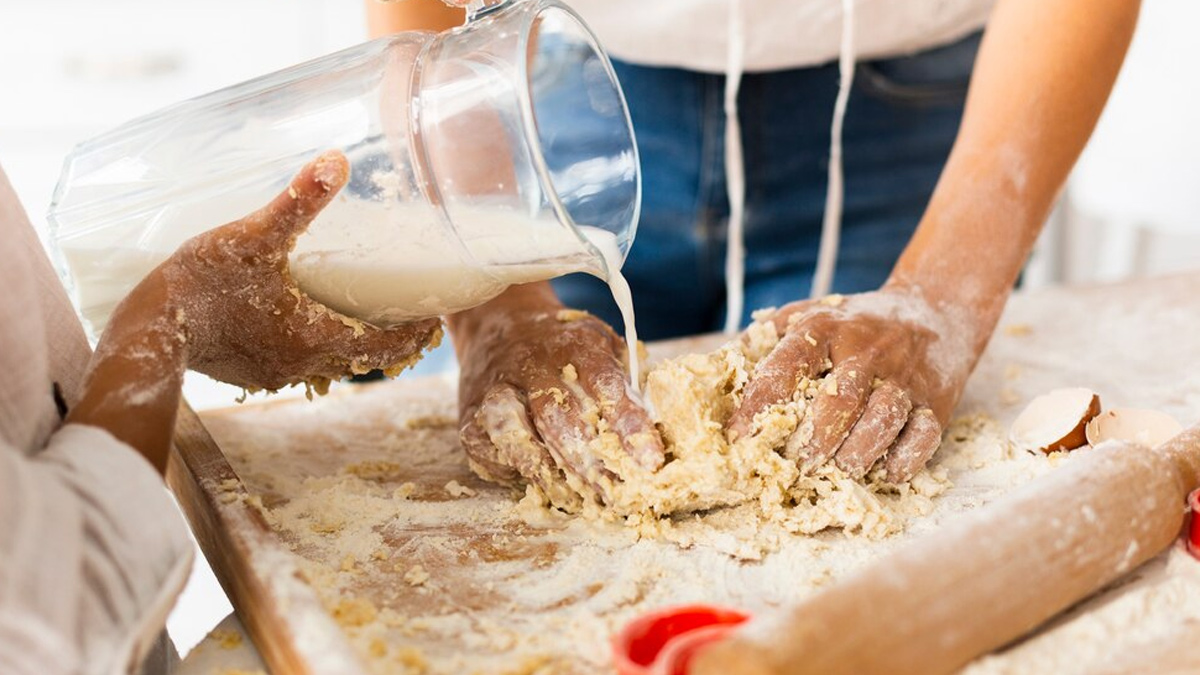
The belief that maida sticks to your gut likely comes from its physical properties. "Maida forms a dense, sticky dough when mixed with water. However, this is not what happens inside your digestive system. Once consumed, maida is broken down by digestive enzymes into simpler forms, primarily glucose, which the body uses for energy,” said Dr Mittal.
He added, "In reality, maida doesn't stick to the walls of your stomach or intestines. The digestive process ensures that food particles are broken down and absorbed efficiently." However, the lack of fibre in maida can slow bowel movements and contribute to constipation, making you feel it has stuck to your gut.
Also Read: Here's Why You Should Choose Millet Flours Over Wheat And Maida
Is Maida Good For Health?
Although maida doesn’t stick to the gut, its overconsumption can lead to several health issues. Here are some listed by the expert:
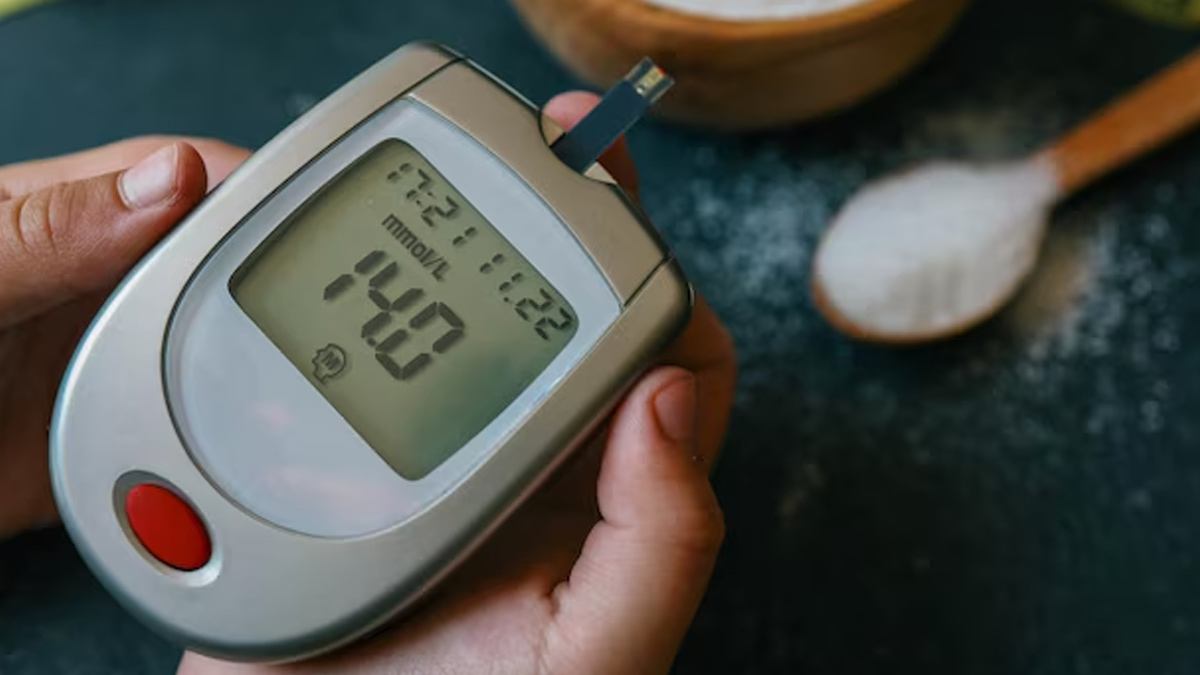
- It may disrupt gut health if it replaces fibre-rich foods in the diet. Since maida is low in fibre, it may also lead to constipation.
- Also, diabetics should avoid consuming refined flour as it has a high glycemic index. It may cause rapid spikes in blood sugar levels and increase complications.
- It may also lead to weight gain as foods made with maida are usually calorie-dense but not filling due to the lack of fibre and protein. According to a 2023 study, almost 42% of people are overweight or gaining weight due to refined flour consumption over the last five years.
Also Read: Healthy Alternatives To Refined Flour Pasta: How It Benefits Your Health
How To Consume Maida Wisely?
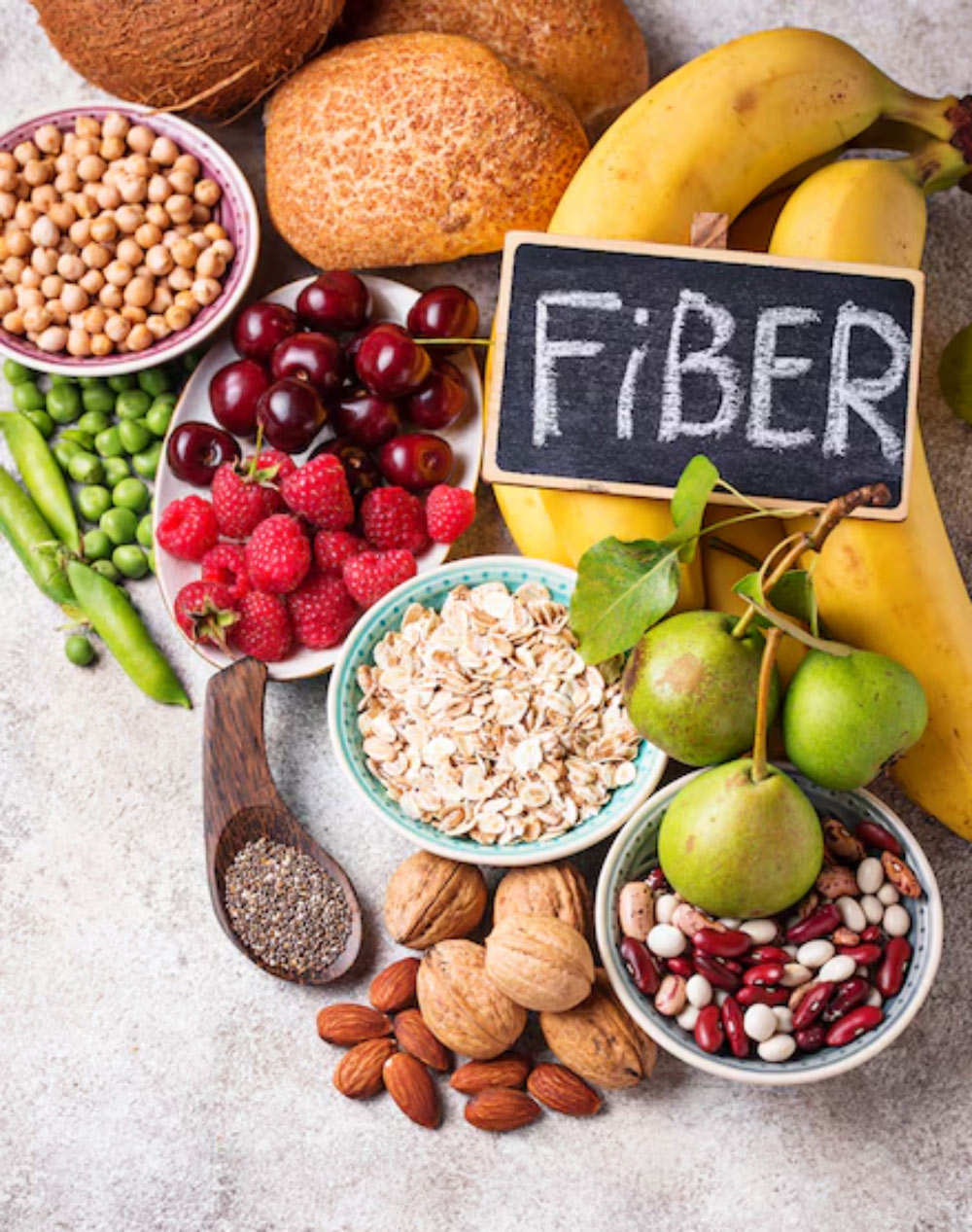
Maida should be consumed in moderation to mitigate the chances of developing various side effects. Here are some measures listed by Dr Mittal:
- Include fibre-rich foods: It is best to pair maida with foods that are rich in fibre. The fibre in foods can help in slowing the digestion and absorption process, thereby, controlling the blood sugar spikes caused when consuming maida alone.
- Choose alternatives: Instead of using maida, look for options, such as whole wheat or multigrain, as they provide more fibre and nutrients.
Bottomline
Dr Mittal concluded, "The concept of maida sticking to your gut is a myth. However, make sure to consume it moderately as it offers low nutritional value. When consumed in small amounts, maida is not harmful, but using it heavily can cause long-term health issues.
[Disclaimer: This article contains information provided by an expert and is for informational purposes only. Hence, we advise you to consult your professional if you are dealing with any health issue to avoid complications.]
Also watch this video
How we keep this article up to date:
We work with experts and keep a close eye on the latest in health and wellness. Whenever there is a new research or helpful information, we update our articles with accurate and useful advice.
Current Version